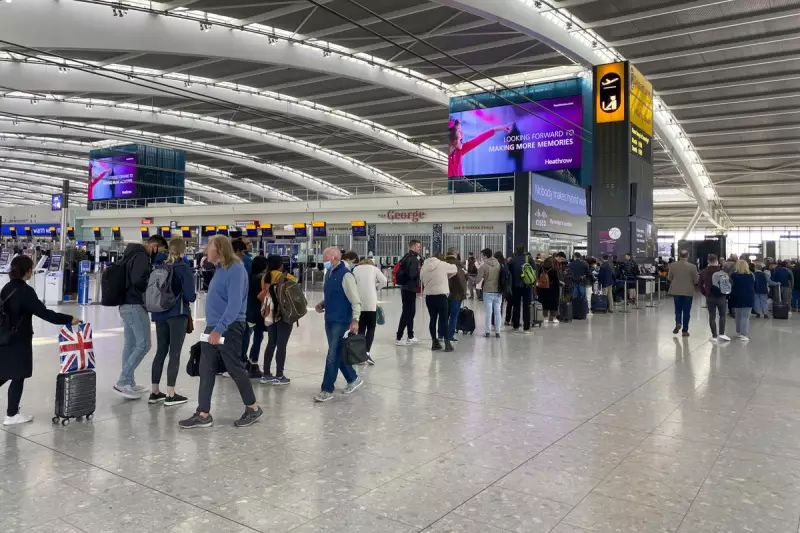
New official estimates reveal that net migration into the United Kingdom has fallen sharply to its lowest annual level since 2021, marking a dramatic shift in the nation's demographic trends.
A Steep Decline in Numbers
The Office for National Statistics (ONS) published figures on Thursday 27 November 2025 showing that net migration stood at 204,000 in the year to June 2025. This represents a staggering 69% decrease from the 649,000 recorded in the previous year.
Net migration, defined as the difference between long-term immigration and emigration, has been on a consistent downward trajectory for the past two years. This latest figure is a significant drop from the peak of 944,000 in the year to March 2023.
Prime Minister Sir Keir Starmer responded to the data, stating the fall is "a step in the right direction." He contrasted the current numbers with the "Boriswave," a period where net migration quadrupled to nearly one million under the previous government's watch.
What's Driving the Change?
According to the ONS, the decline is being driven by two primary factors. There has been a notable reduction in the number of people arriving from outside the European Union for work or study purposes. Simultaneously, there has been an increase in the number of people emigrating from the UK.
Mary Gregory, ONS Executive Director for Population and Census, provided further detail: "Non-EU-plus emigration is driven by Indian and Chinese nationals, who originally arrived on study visas." She also highlighted that nine out of ten British citizens who emigrate are of working age.
The breakdown of the numbers shows that an estimated 898,000 people immigrated to the UK in the year to June, while 693,000 emigrated. The data also revealed a negative net migration for British and EU-plus nationals, which was offset by positive net migration from non-EU-plus nationals.
Policy Reforms and Future Outlook
This downward trend follows immigration restrictions introduced by the previous Conservative government in early 2024, which limited eligibility for work and study visas.
The current Labour government has announced its own further plans to reduce migration. These include stricter conditions for "earned" settlement, such as a clean criminal record and English language proficiency to A-level standard. Notably, the government plans to double the waiting time for migrants to apply for indefinite leave to remain from five to ten years.
Home Secretary Shabana Mahmood affirmed the government's intent, stating the reforms will ensure "those who come here must contribute and put in more than they take out."
Despite the significant drop, a poll by Ipsos and British Future suggests 56% of the public mistakenly believes net migration increased last year. Sunder Katwala of British Future commented, "It is time that our immigration debate caught up with reality."





